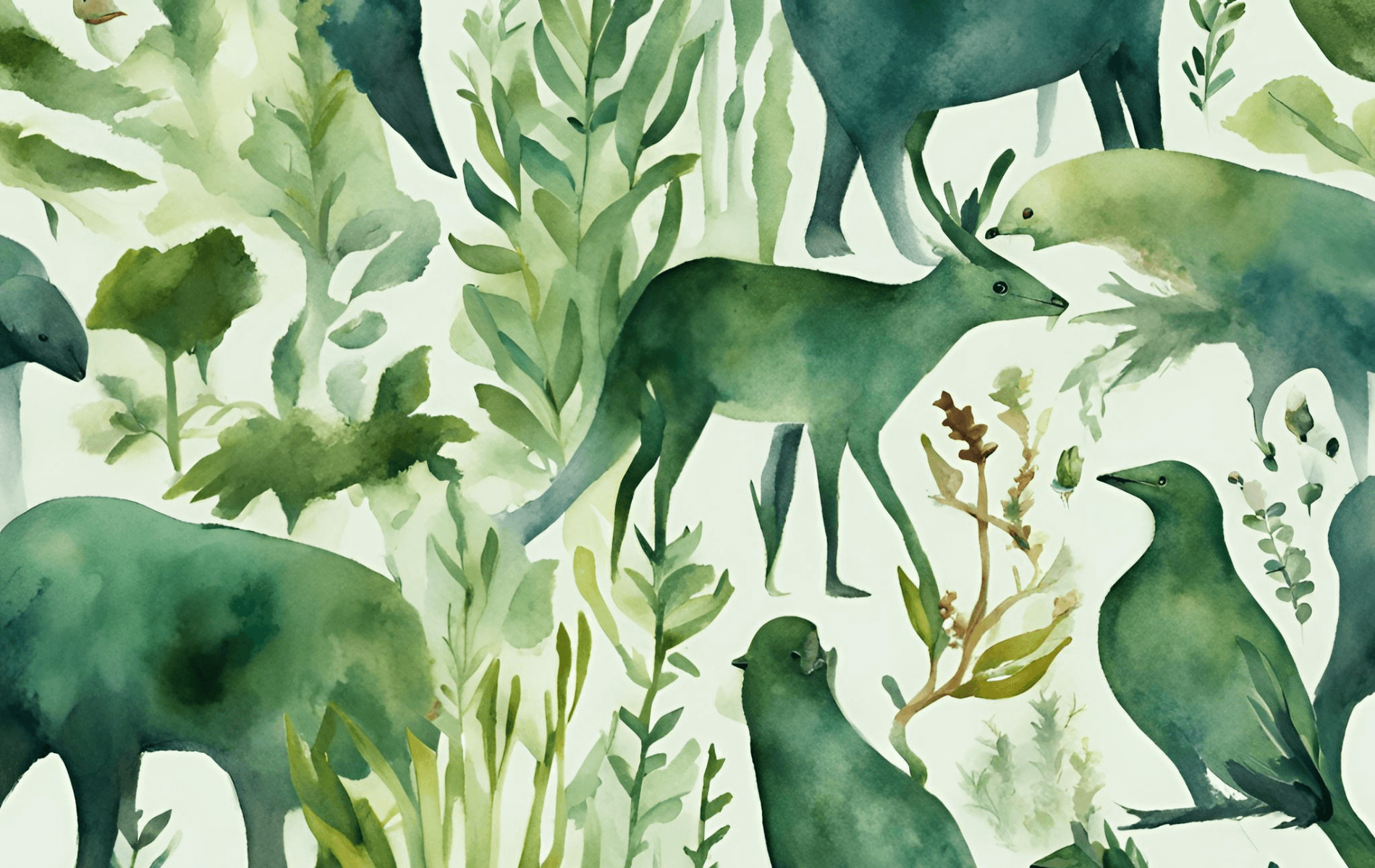Animal Production & Health
Thematic Line
This Thematic Line addresses the challenges related to animal-derived products and animal as well as human health challenges in the context of societal pressure on food security and safety, environmental impacts, animal welfare, and climate change threats. It also aims to contribute to optimal animal management in the Mediterranean environment and the European Union's Farm to Fork strategy.
The identified main problems are:
1) increasing difficulties in producing animal feed due to its direct competition with human food, climate change, and other land use activities;
2) lack of knowledge about thresholds and impacts of climate changes and extreme weather events on the physiology of animals;
3) achieving sustained intensification of the production systems concomitantly with preserving biodiversity;
4) better protection of traditional animal products;
5) the importance of adopting a One Health perspective.
The resulting main research questions are how to:
1) manage the use of feeds according to the species/breed/physiological state;
2) incorporate alternative feed products to improve productivity and reduce the carbon footprint;
3) integrate precision livestock farming (PLF);
4) use Omics tools to increase animal adaptation, resilience, disease tolerance and productivity;
5) adjust husbandry and handling to increase productivity in intensive systems;
6) promote farm management and development of rural areas that preserve biodiversity and ensure soil conservation;
7) improve the quality and to protect the genuineness of animal products;
8) reduce the incidence of infectious and parasitic diseases in animals while reducing the use of antimicrobials;
9) enhance circular economy, minimize wasteful and environmentally damaging outputs from livestock systems and find alternatives.
Expected Results
1) development and validation of grazing strategies and use of PLF to improve the production and quality of the pastures and promote soil conservation, in addition to a better knowledge of animals' nutritional needs;
2) use of Omics tools and assisted reproduction techniques to improve local/ exotic breeds productive and reproductive performance and health;
3) improvement of products quality, traceability and safety using biotechnological tools to scale-up their attractiveness and their introduction in new markets.

Coordinator




